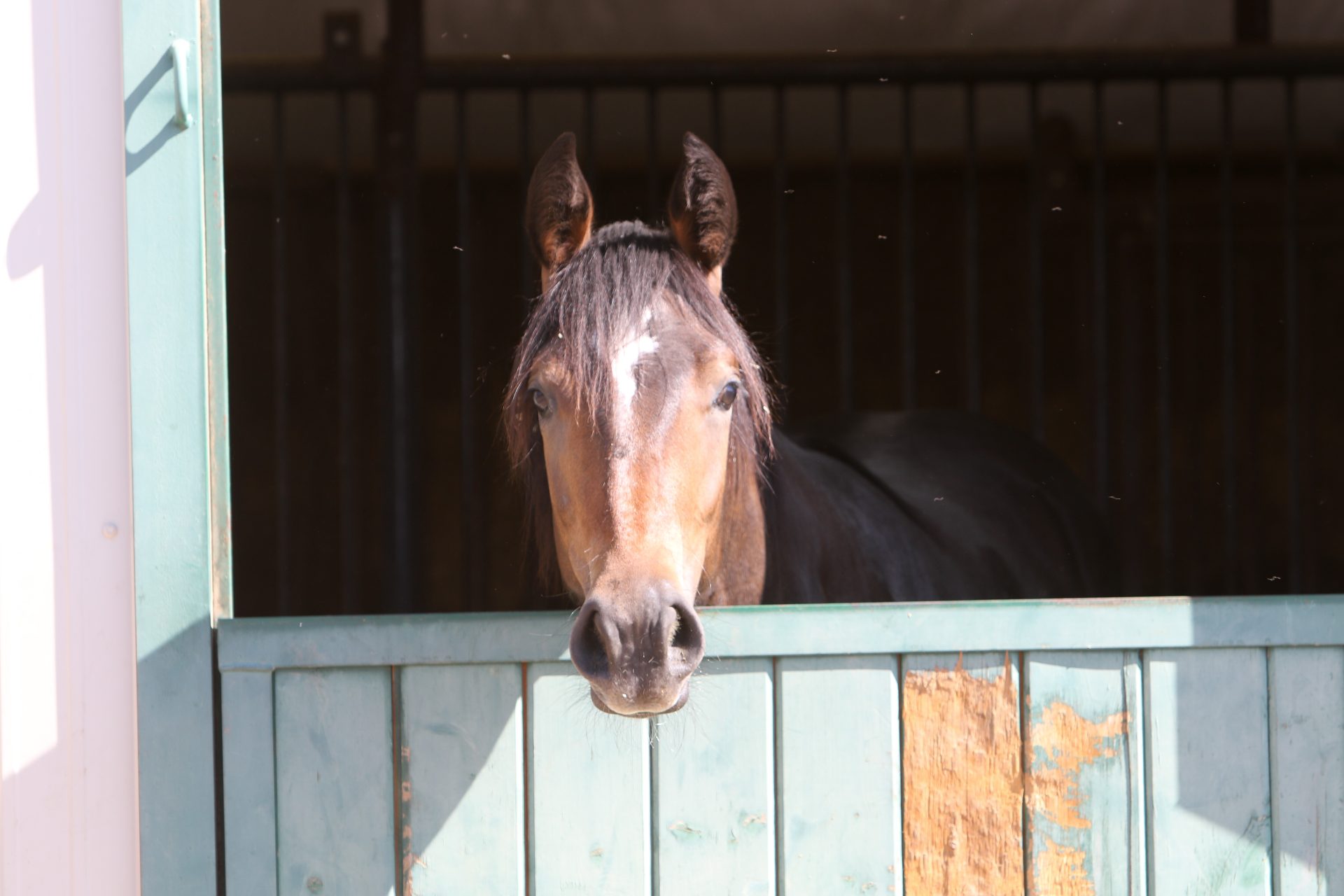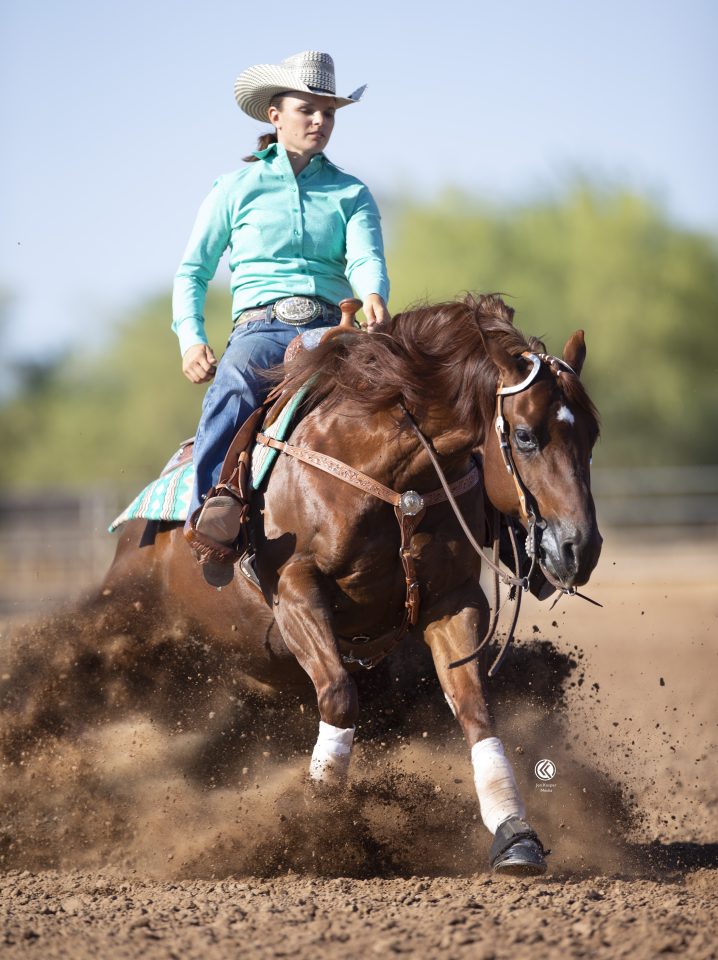The right realtor for your needs depends on many factors. Amy Rushing, an experienced horse-property realtor, shares her tips.
By Jennifer Paulson

Buying and selling horse property—or any real estate transaction—can be overwhelming without the right assistance from your realtor. We visited with Amy Rushing, who has sold more than $98 million in property, to find out what to look for when choosing a realtor.
Five Basic Qualities
Your realtor is your advocate and partner when working through finding, buying, and selling property. Here are four general traits to seek.
Communicator. A commitment to communicating means your realtor will keep you informed, educate you about the ins and outs of the transaction, and make you feel at ease with the knowledge you have about the process. A great communicator will take the time to walk you through the contract and all parts of the process.
Experienced. “Real estate is a ‘show me’ industry,” Rushing shared. “The more you do it, the more experience you gain. The more hurdles a realtor has experienced, the more they can handle. Just passing the realtor test doesn’t make you an expert.”
Networker. Anyone can look on the MLS (multiple listing services), but a realtor who’s involved in the community where you’re looking to buy means they can uncover hidden gems that might be hitting the market soon. Rushing shared that this is especially important in today’s market with record lows of properties for sale and when they’re selling in under a month. “Someone who can open an opportunity is a huge asset, and that comes from experience and a great network,” Rushing said.
Advocate. Your agent must work on your behalf. Every state has different laws and standards when it comes to real estate, so how your agent represents you varies from state to state. Find someone who knows the ins and outs and will work for you toward the end goal.
Horse-Property Questions
Horse properties require even deeper expertise and experience. If your realtor isn’t skilled in the ways of rural property purchases, you can find yourself in a mess that can cost a lot of money to untangle. Here are just a few questions a horse-property-savvy realtor will answer or knows how to find answers for you.
Do you need a survey? Are the fencelines correct? Are there any easements you need to be aware of? What about soils tests if you plan to build on the property?
What’s the water source? Rushing warned that water is a huge consideration for livestock. She said your realtor should understand and share with you all the water shares, what they mean, and how much water you have access to. “The land might be cheap, and you can have horses and run a business, but if there’s not a good water source, you need to know that,” Rushing said.
What’s your access to utilities? If you’re buying in a rural or mountainous area, how will you access basic utilities like gas, electric, and phone lines?
Are there permits on the property? “Your realtor should know to research any permits held on the property so you don’t inherit someone else’s problem,” Rushing said.
What amount of title insurance do you need? Title insurance is essential to cover any liens that aren’t paid at closing or other instances when someone could make a claim to your property.
What’s the zoning? “You have to know if you can run a business on the property,” Rushing warned. Not all property is zoned for operating your training business.
Finding Your Realtor
Your realtor should have a great network, but you also should lean on your network to find the right fit.
“We have doctors, lawyers, business people, and many realtors in the horse community,” Rushing shared. “Reach out and ask people in the area where you want to move who they used, what their experience was like, and how it all went.”Rushing added, “Most agents can successfully sell in a neighborhood. But representing buyers in a property transaction requires much more in-depth knowledge that not all realtors have. You realtor has to understand how you’ll use the property and if it’ll work for you for the best outcome.”



